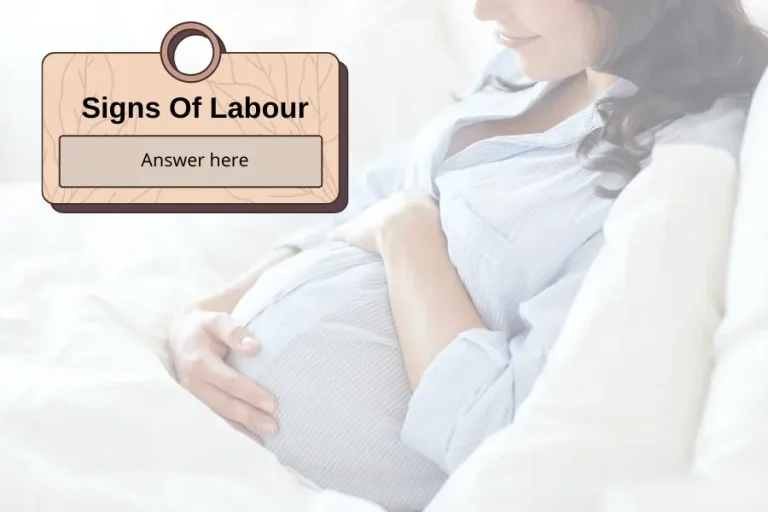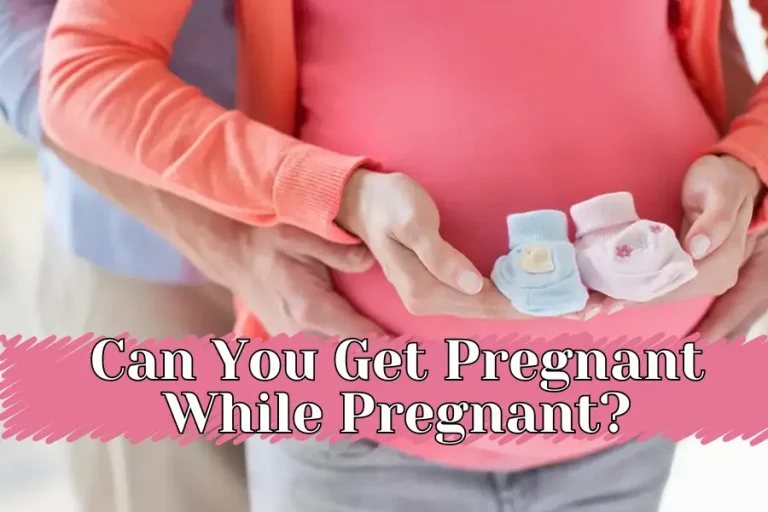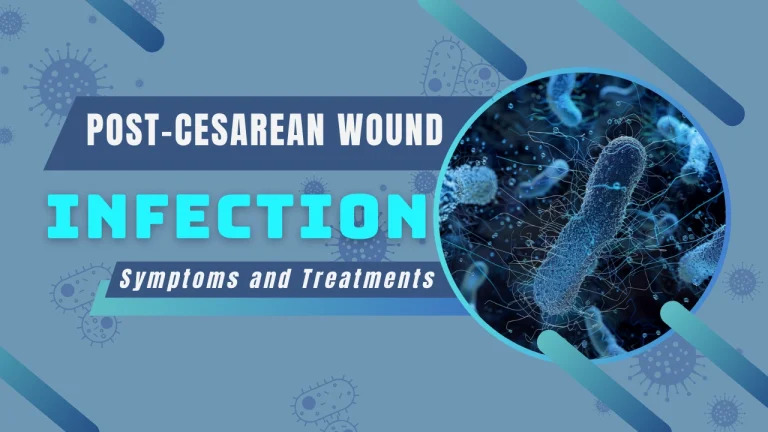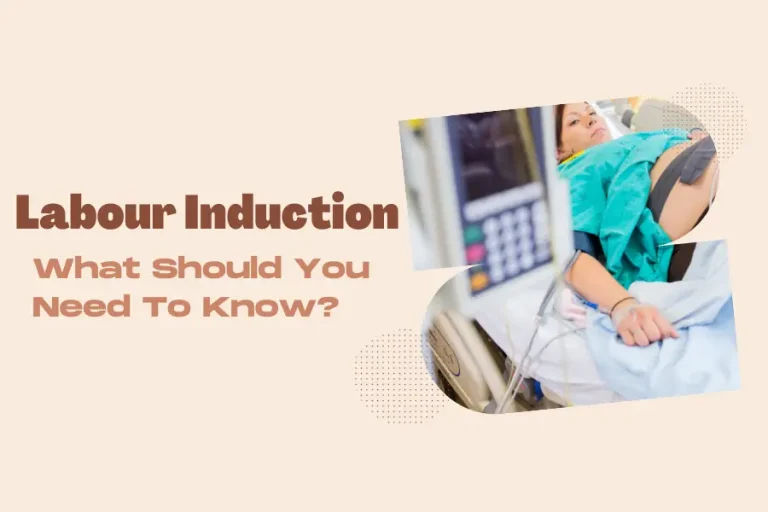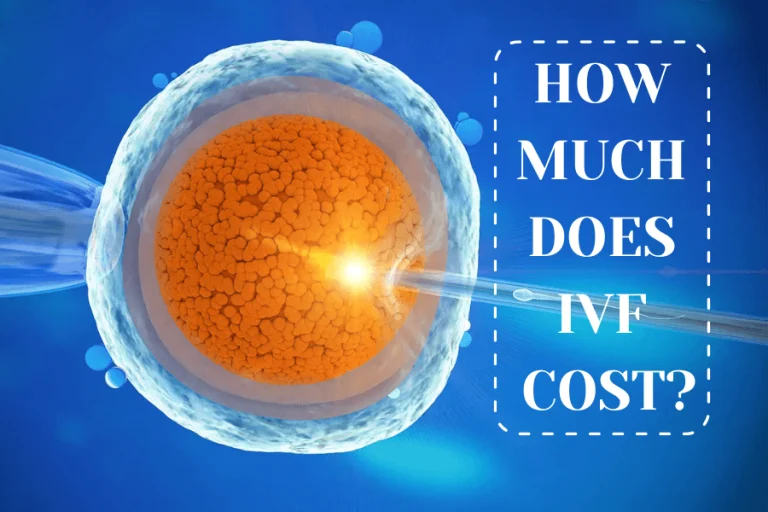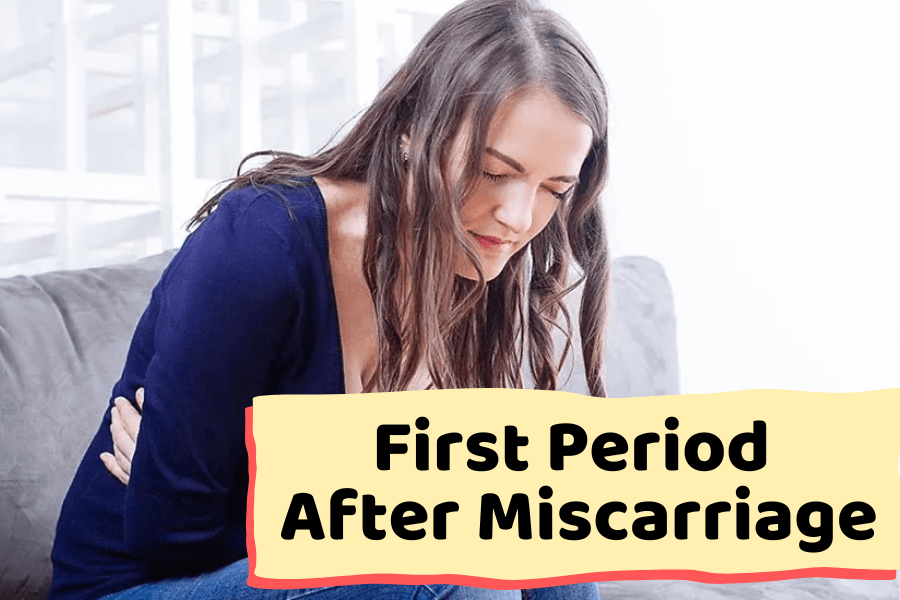
Experiencing a miscarriage is a deeply emotional journey. The first period after a miscarriage is a significant milestone that marks the body’s process of returning to its normal cycle. Many people wonder about their first period post-miscarriage — what to expect, how it may differ from regular periods as well as the readiness for future pregnancies.
Having a clear understanding of what to expect with the first menstrual period after a pregnancy loss can reduce anxiety. It’s time for you to explore everything you need to know about the first period after a miscarriage. Remember, you’re not alone. “First Period After Miscarriage – All You Need To Know” is here to offer you gentle support and clear information you need.
First period after miscarriage: How long will it last?
Everyone’s body heals at its own pace, and this applies to your menstrual cycle after a miscarriage too. There’s no single answer to this question. Generally, your first period can come back anywhere between 4 and 8 weeks after the miscarriage. Some women might even experience it sooner, while others might take longer.
Here’s the thing: It’s completely normal. Let us together explore some of the signs that your first period might be on its way.
What might your first period be like?
Is the first period after miscarriage heavy? Everyone’s body heals differently, so your first period after a miscarriage can vary from your usual experience. Here is what you could expect during your first period after pregnancy loss:
- Heavier or Lighter Flow: Some women experience a heavier flow than their typical period, while others might find it lighter. This depends on how your body regulates hormones after the miscarriage.
- Possible Length Changes: Your first period might last longer or shorter than usual. If you had a surgical procedure before, your first period could be shorter and lighter than usual.
- Small Blood Clots or Tissue: Seeing small blood clots or tissue during your period can be unsettling, but this sign is usually ordinary. Your body is simply shedding any remaining uterine lining.
Is it painful in the first period after miscarriage?
The first period after a miscarriage can sometimes be more painful than usual, along with tender breasts. Here are some gentle tips that might help:
- Take a break from sexual activity
- Apply a heating pad or a warm water bottle wrapped in a towel to your abdomen. The warmth can help soothe dysmenorrhea.
- Over-the-counter pain relievers like Ibuprofen (Advil) or Acetaminophen (Tylenol) can help manage cramps and discomfort1
- A well-fitting, supportive bra can help ease breast tenderness. Avoid anything too tight or binding.
- Consider using pads instead of tampons
- Do some easy and light exercises, such as yoga or a walk
- Taking a hot bath can help you feel better
What does brown discharge in the first period mean?
Brown discharge in your first period after a miscarriage is usually normal and nothing to worry about! Your period is when your body gets rid of the lining that built up in your uterus. Sometimes, this lining doesn’t shed all at once.
Brown discharge is simply old blood leaving your body as your uterus finishes cleaning itself out after the miscarriage. In most cases, the brown discharge will clear up within a few days, but it can sometimes last up to two weeks.
Is there something wrong if the first period is different after miscarriage?

It’s not always serious if your period is a bit unpredictable after a miscarriage. Your body has been working hard to heal and rebalance its hormones. Don’t be surprised if it takes a few cycles for your periods to get back to their usual rhythm.
If your periods were like clockwork before the miscarriage, they’ll likely return to that familiar rhythm soon. If you previously had irregular menstrual cycles, they might remain so after the miscarriage. If you do not see your period return after 3-6 months, don’t hesitate to reach out to your doctor.
Can you start trying again after getting your first period?
The desire to conceive again after a miscarriage is natural. You can decide after reading the following advice:
- Physically Ready: Once the bleeding has stopped entirely and you have a negative pregnancy test, you can get pregnant again. Doctors often recommend waiting for your first period after the miscarriage to make dating a new pregnancy more accurate.
- Emotionally Ready: This is a very personal journey, and the most important factor is your emotional well-being. You and your partner should feel ready before trying to have sex after miscarriage.
If there are no complications with your preliminary, there’s no reason to delay trying again if you feel ready. If you doubt that you are pregnant, you can take a test right at home. A urine pregnancy test is the most common way to check the hCG (human chorionic gonadotropin)2 level to find out if you are pregnant or not.
Getting pregnant after miscarriage before first period? Is it possible?
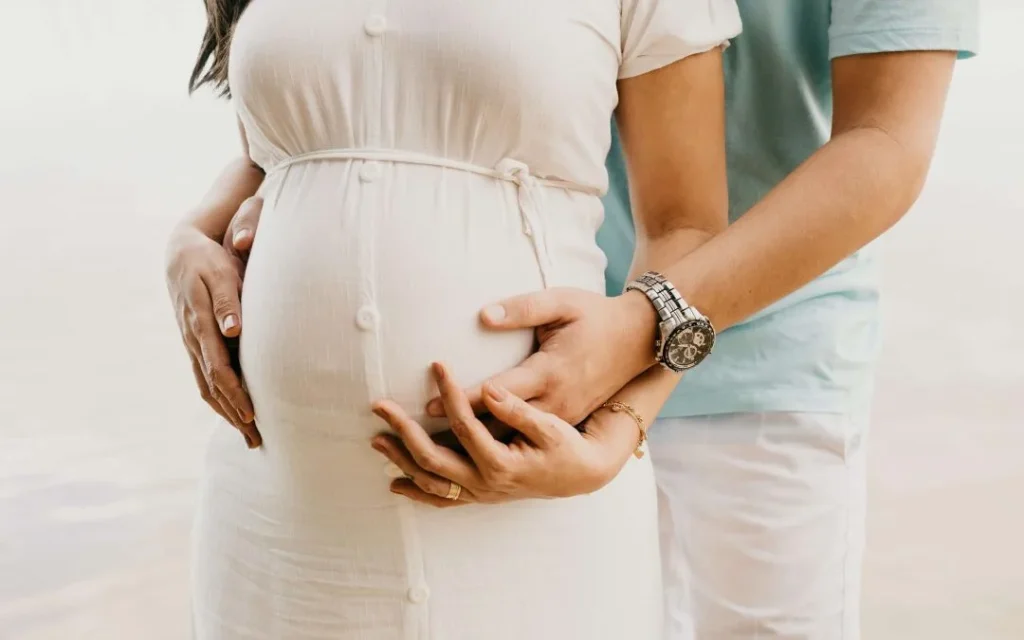
Yes, it is possible to get pregnant after miscarriage before the first period. Your body might ovulate (release an egg) as soon as two weeks after a miscarriage. With most people, ovulation can start again within 1 to 2 months before the first period. Doctors often advise waiting at least two weeks after a miscarriage to allow your body to heal physically before resuming sexual activity. This can help prevent discomfort or complications.
However, not all women will ovulate during the first menstruation after a miscarriage. If you’re not ready to conceive after miscarriage again right away, talking to your doctor about birth control options is a good idea.3
When Do You Need To See A Doctor?
If your menstrual period doesn’t come back after more than 6 weeks, you should call your doctor. It may bring some risks and you need medical help as soon as possible.
Symptoms of an Incomplete Miscarriage
In some cases, after a loss, some pregnancy tissue may remain in the uterus. This is called an incomplete miscarriage. It’s important to be aware of the symptoms so you can get medical attention quickly if needed. Here’s what to watch out for:
- Heavy bleeding: Bleeding that soaks through a sanitary pad in an hour requires immediate medical attention. You may need to take a dilation and curettage (D&C) procedure to clear your uterine lining after pregnancy loss or abortion
- Continuous bleeding: Over a few weeks
- Passing blood clots: They can be large
- Increasing stomach pain: Doesn’t settle down for a couple of days
- Fever or Flu-like Symptoms: A fever or chills along with other flu-like symptoms could indicate an infection. Seek medical help right away.
Symptoms of Injection After A Pregnancy Loss
Call your doctor at once when you have one of those symptoms:
- Heavy Bleeding
- Prolonged Bleeding
- Unusual Discharge: Unpleasant-odor vaginal discharge
- Large Blood Clots: Larger than a golf ball is a reason to seek immediate medical attention.
- Increasing pain in the stomach or shoulder
- Fever, Chills or Flu-like Symptoms
- Other Discomforts: If you’re experiencing any concerning symptoms not listed here, like pain when using the restroom, diarrhea, feeling dizzy or faint, or overall weakness, don’t hesitate to reach out to your doctor.
Experts recommend scheduling a doctor’s visit 6 weeks after a miscarriage. This allows your doctor to assess your recovery process and ensure your uterus is healing properly.
We hope this guide has provided you with clear information about your first period after miscarriage. A pregnancy loss might cause psychological trauma but doesn’t define your future ability to conceive. Be kind to yourself, listen to your body’s signals, and find medical support if you have any concerns.
Sources
- Mercycare – CEDAR RAPIDS, IA 52403 – Tylenol & Advil – When to Use Which
https://www.mercycare.org/healthy-living/health-education/tylenol–advil–when-to-use-which/
↩︎ - Cleveland Clinic – Human Chorionic Gonadotropin https://my.clevelandclinic.org/health/articles/22489-human-chorionic-gonadotropin
↩︎ - NIH – National Library of Medicine – National Center for Biotechnology Information: Trying to Conceive After an Early Pregnancy Loss: An Assessment on How Long Couples Should Wait ↩︎


